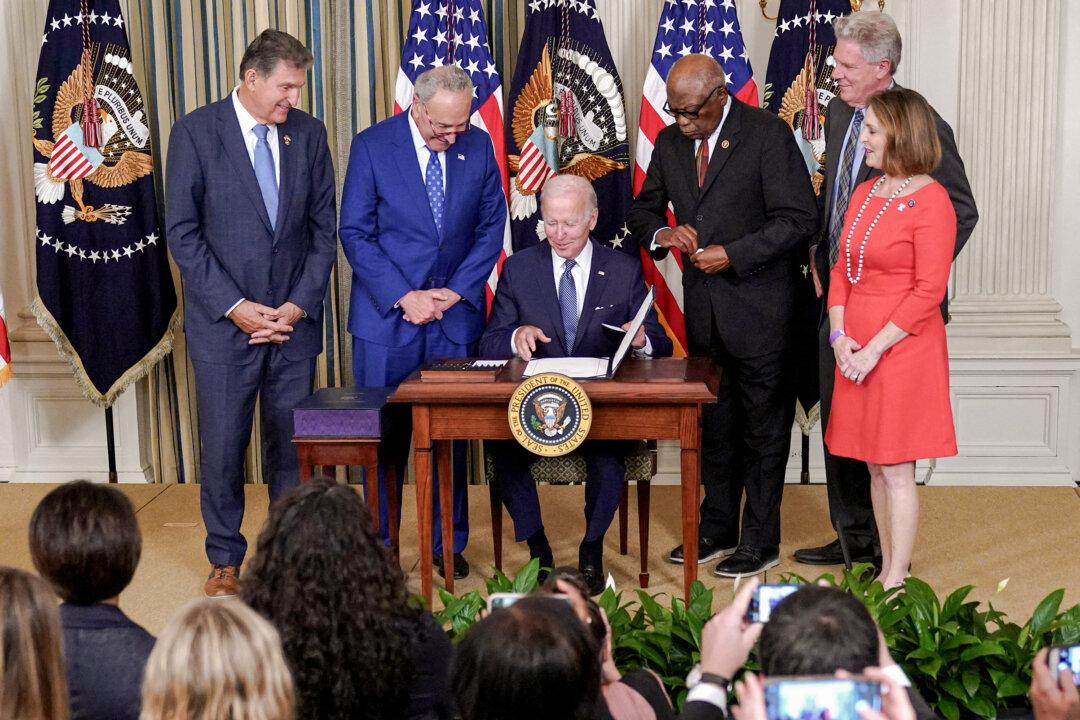Commentary
The boards of directors of public and private companies are charged with a duty of fiduciary responsibility under the laws governing them in the United States. This is a role not to be taken lightly. Often, a decision comes before a board that will adversely impact the personal finances of a board member if the decision comes down in one direction. If that direction is to the benefit of the shareholders, the fiduciary responsibility of the board members are clear. They vote in the best interest of shareholders, even though it will impact them in a negative manner, or they resign. Upon resignation, the board chair will appoint someone to serve in that place who will act in the best interest of shareholders, or the board seat will go unfilled until the next shareholder election.





